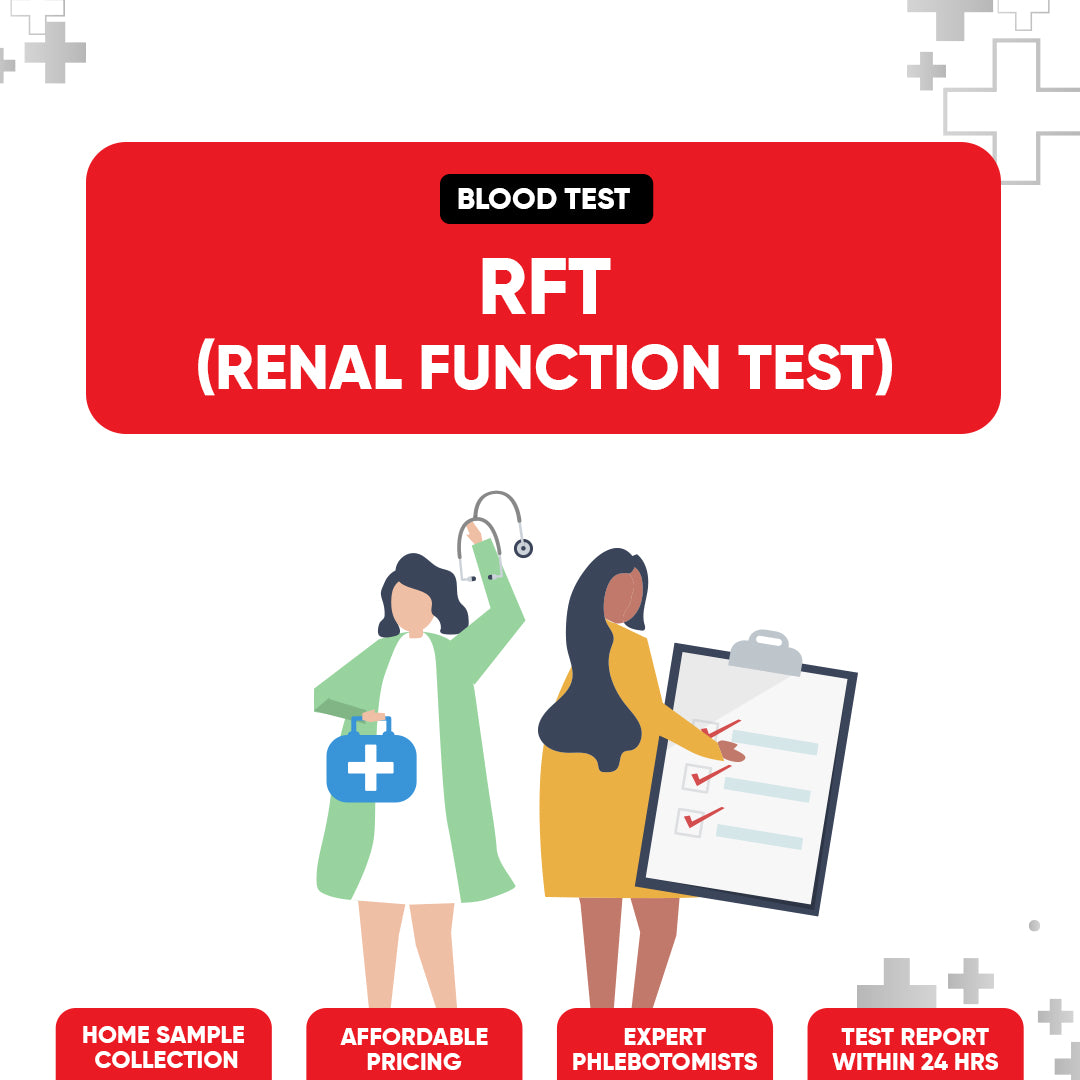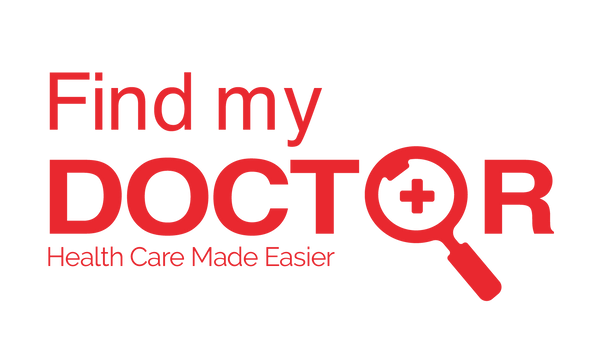RFT (Renal Function Tests)
RFT (Renal Function Tests)
Regular price
Rs.1,280
Regular price
Rs.1,300
Sale price
Rs.1,280
Couldn't load pickup availability
📅 Add your preferred date & time in cart notes before checkout.
✅ Home Sample Collection✅ Expert Phlebotomists
✅ Reports in 24 Hours
✅ All over Karachi
✅ Trusted by 450,000+ Customers
How It Works
1. Choose Your Test
Browse our wide range of lab tests that fit your needs from trusted partner labs like Essalab and KLDC.
2. Book Appointment
Easily schedule a convenient date and time for free home sample collection.
3. Get Results
Receive your accurate lab reports within 24 hours. Access your results online.
View full details


